Will My Condo En Bloc? 7 Commonly Overlooked Reasons Why It May Fail
September 28, 2021
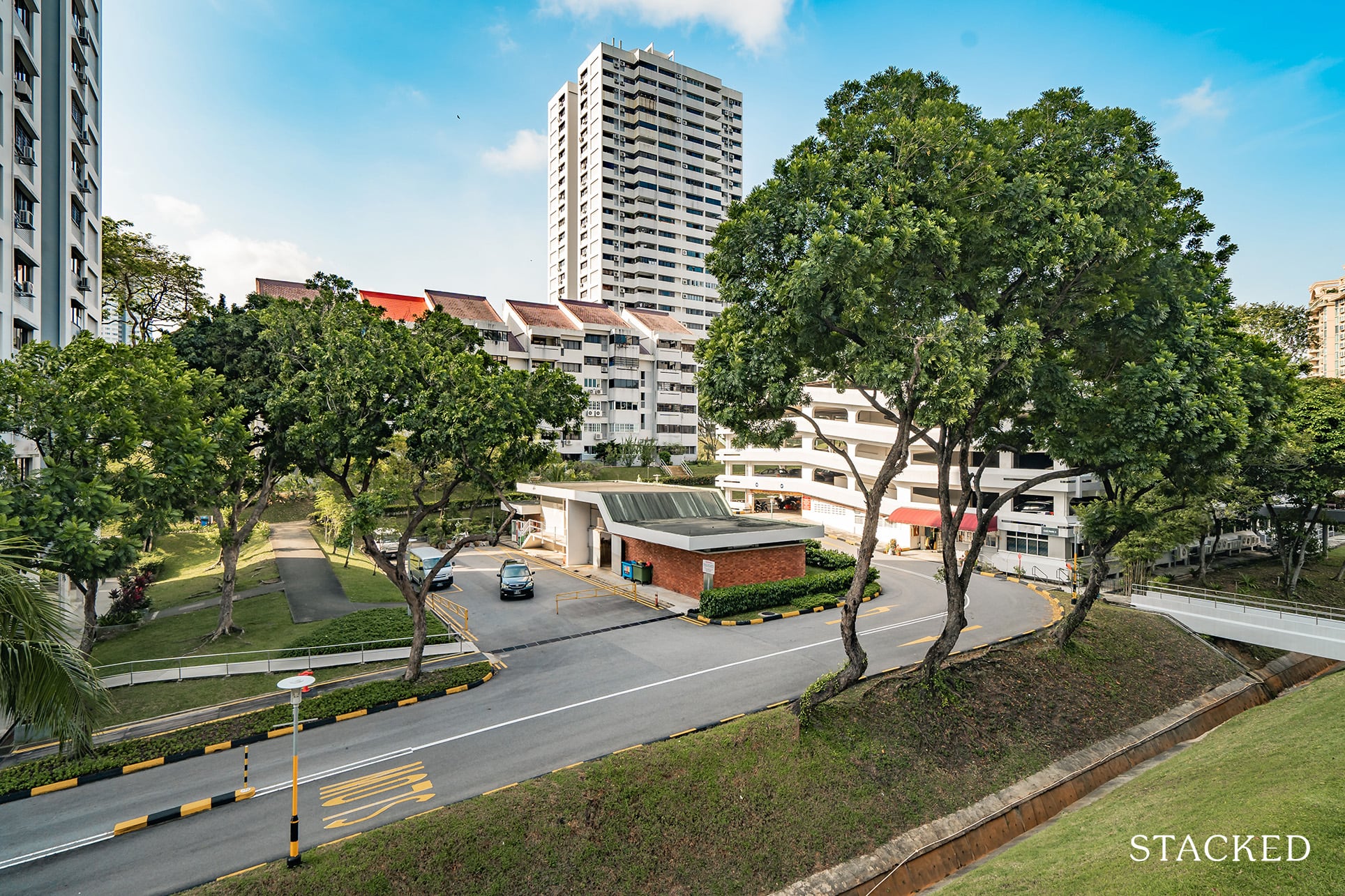
An en-bloc sale is an ideal, windfall scenario for many property investors. But while it’s happened for numerous people, buyers of old properties need to be cautious – when all things considered, there’s often more potential for failure than success. It’s not just about having a good location; it’s a delicate balance of timing, housing policies, owner demographics, and more. In 2014, it was said that 2 out of every 3 potential en-bloc hopefuls would fail. So here are some commonly overlooked factors as to why an en-bloc may fail:
So many readers write in because they're unsure what to do next, and don't know who to trust.
If this sounds familiar, we offer structured 1-to-1 consultations where we walk through your finances, goals, and market options objectively.
No obligation. Just clarity.
Learn more here.
Understanding the state of en-bloc sales in Singapore
En-bloc sales are actually a way to renew older buildings when they are no longer liveable, or maintenance is no longer justified. As the population size grows, it’s also to optimise and redevelop currently under-utilised land. However, this is not the case in today’s market realities.
In Singapore, some projects actually do go en-bloc long before they’re unliveable. For example, The Olivio, a 36-unit, freehold condo, was the youngest ever to go en-bloc in 2018, having lasted a mere four years.
The next youngest is probably The Asteria, a 23-unit freehold condo, which went en-bloc in 2017. It was only nine years old at the time.
In fact, between 1995 and the present, over 50 en-bloc sales have involved condos that are 20 years old or younger.
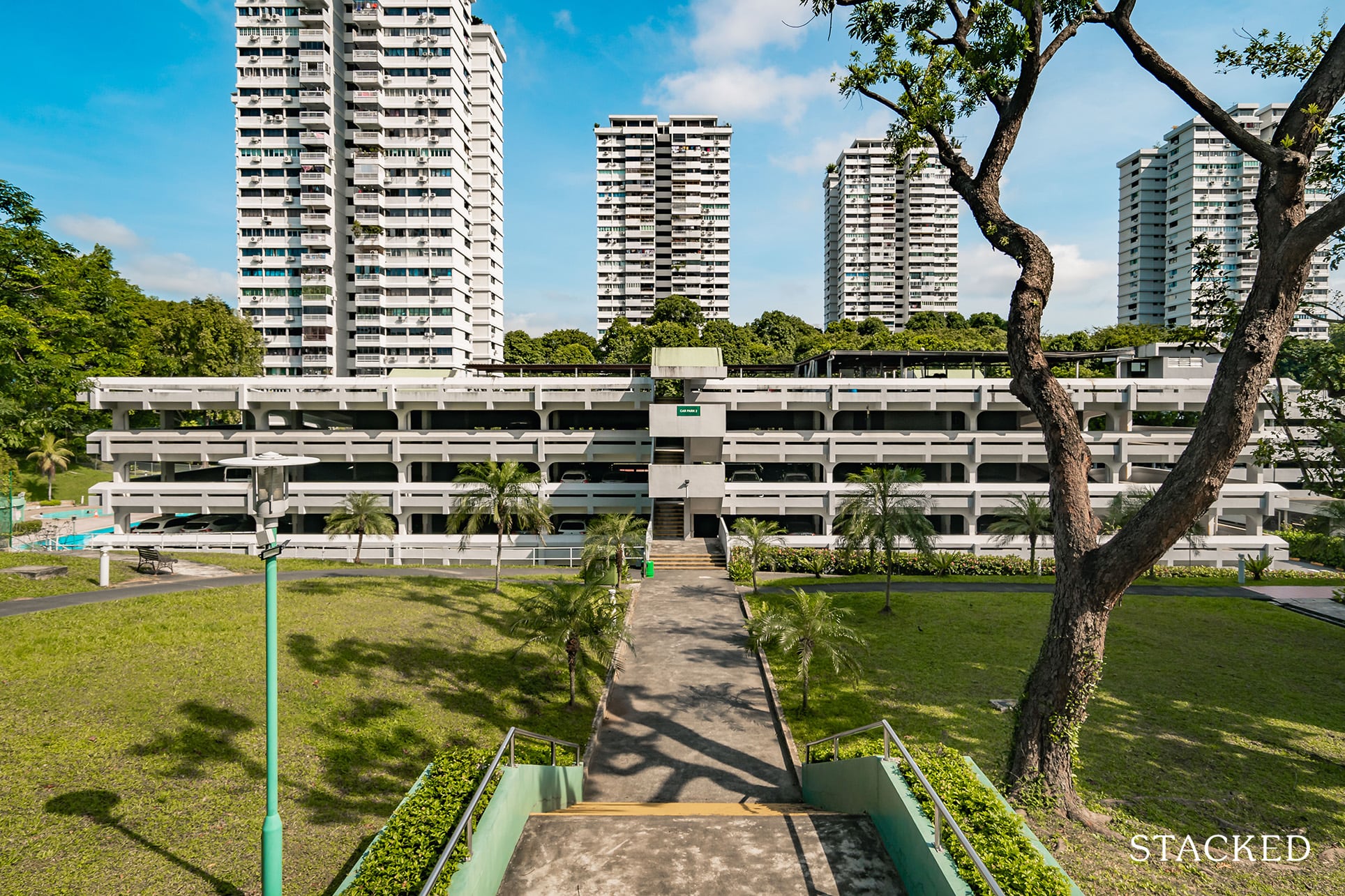
Practically speaking, an en-bloc sale often (but not always) involves a higher Gross Ratio (GPR).
For example, a GPR of 2.1 means a condo in the area can be built up to 24 storeys, whereas a GPR of 2.8 means a condo can be built up to 36 storeys.
Being able to build more units means a net profit, even after the expense of buying up the previous development.
Besides this, the area around a project may be seeing extensive upgrades. There may be upcoming schools, MRT stations, malls, etc., which would raise the value of the land in the near future. Developers may foresee this, and move to buy up existing developments to capitalise on them.
En-bloc frenzies also tend to happen in cycles in Singapore
This is because developers have five years to complete and sell a condo, lest they incur Additional Buyers Stamp Duty (ABSD) of 30 per cent of the land price. This tends to result in a flurry of collective sales, every time the last “tranche” of en-bloc redevelopments is complete.
We are approaching such a point in 2021, with most of the condos sold in the 2017 en-bloc fever having been completed.
However, property buyers still need to tread carefully, if their intent is to buy with the expectation of a short-term en-bloc. It’s possible for a condo in ideal en-bloc situations (we have a list here) to still “fumble the deal”.
The commonly overlooked reasons are:
- Last minute policy tweaks and changes
- Complex ownership dynamics
- Development is still too new
- Too many recent sales in the development
- Market demand and development size
- Legal entanglements
- CAAS and LTA restrictions

1. Last-minute policy tweaks and changes
We refer to policy changes such as cooling measures and debt servicing ratios. Examples would be the Additional Buyers Stamp Duty (ABSD), or Total Debt Servicing Ratio (TDSR).
This affects an en-bloc sale in two ways:
First, it affects developer confidence. Buyers tend to switch to a “wait and see” mode, right after new policy changes. This can make it hard for developers to move condo units, if the launch coincides close to the policy tweaks.
For example, The Woodleigh Residences initially launched in October 2018. Because this was so close to the July 2018 cooling measures, sales volumes were low; and The Woodleigh Residences was relaunched in 2019, with prices down by 10 to 15 per cent.
If developers sniff potential changes in the air (and prices have been rising to dangerous levels these past two years), they might change their minds.
Second, it affects the willingness of existing owners to agree to the en-bloc deal.
An en-bloc sale is less of a windfall, if it happens in a market where replacement homes are equally expensive. Sometimes, homeowners may find they no longer meet financing requirements as easily as before; this can be due to age, or decreased income and restrictions like TDSR.
Investors may be happy to push for an en-bloc, if the property in question is not their actual residence. But in 2021, where home prices everywhere are high, they’re likely to see strong pushback from genuine owner-occupiers.
2. Complex ownership dynamics
For an en-bloc sale to succeed, there must be consent from owners with 80 per cent shareholding.
In some cases, a single owner may be a very large shareholder, with voting power that outweighs the others. To use a commercial example, it is said that Orchard Plaza is 28 per cent owned by Far East Organization, while Katong Shopping Centre is 30 per cent owned by CDL (according to this video).
Neither is going anywhere soon, without the consent of these large shareholders (note: when a shareholder is also a developer, there’s a good chance they won’t agree to it being sold to another developer).
Going back to residential properties, keep in mind that some major investors may own entire floors or blocks of a condo. If they’re opposed to the en-bloc sale, then it does represent a potential stumbling block. Of course, if they are motivated to push through for a collective sale this could be a good thing too. After all, a door does swing both ways.
Likewise, a large number of disparate owners – such as many households in a mega-development – makes consensus harder to attain. The more people are involved, the wider a range of diverging opinions.
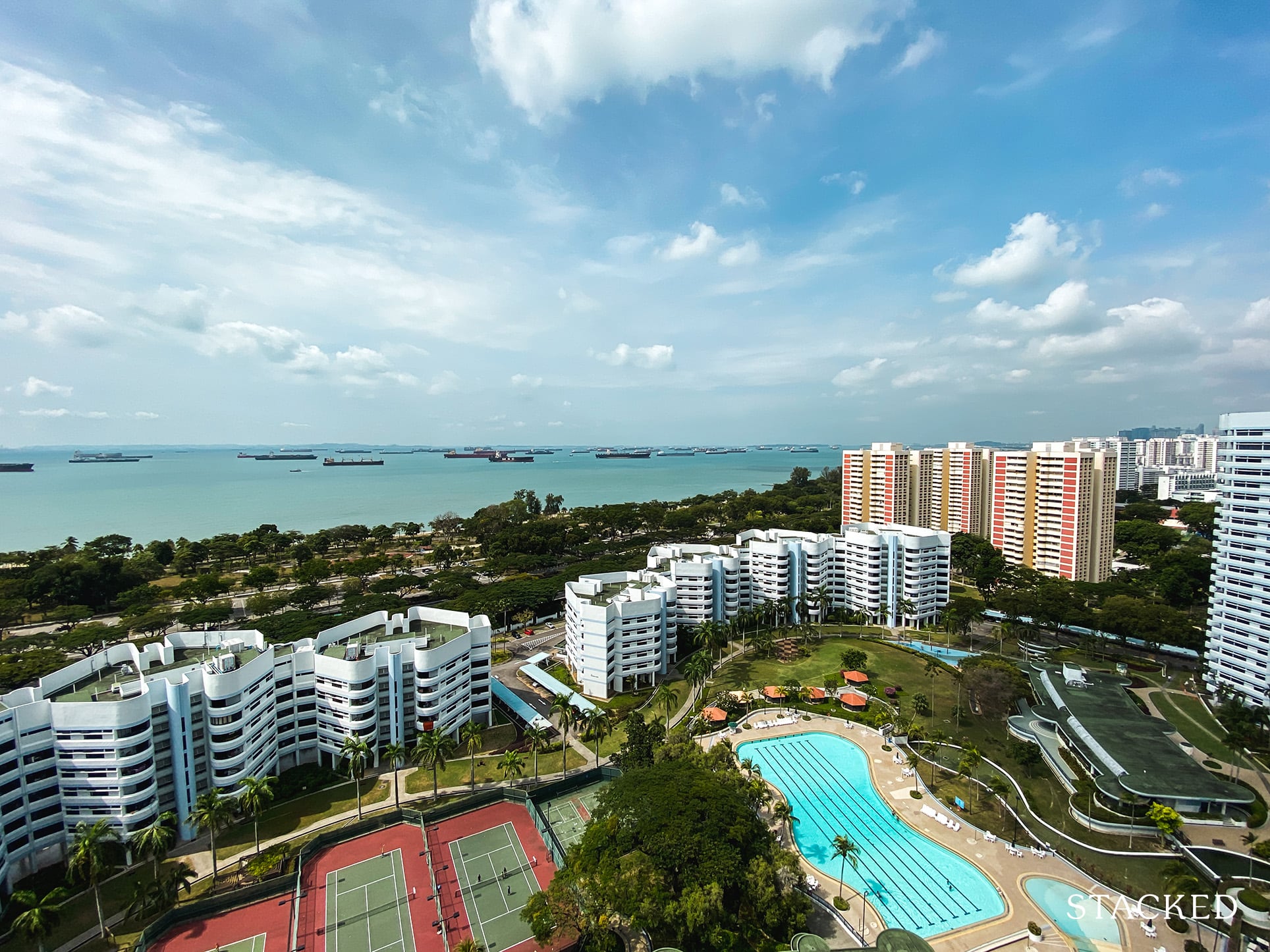
Some may feel the apportionment of proceeds is unfair, some may feel it destroys a community they want to live in, etc. The gigantic Mandarin Gardens, with its 1,000+ owners, rejected even a staggering $2.97 billion en-bloc offer.
As an aside, developments with a lot of senior citizens as owner-occupiers can make en-bloc attempts much harder. Most people don’t want to move when they’re past 70, for instance; and they may have paid well overvaluation for their unit, as they were expecting to live out their lives there. They bought with no expectation or need of resale gain, and the en-bloc offer is irrelevant to them.
3. Development is still too new
So you bought a new launch condo, and just a few years later an en-bloc attempt comes in. This may seem like a huge windfall, but don’t start shortlisting upgrades yet.
The en-bloc requirement for consent is 90 per cent, instead of 80 per cent, for developments that are less than 10 years old. This is calculated from the Temporary Occupancy Permit (TOP) date.
In rare cases where en-bloc attempts are made so early, the ownership dynamics matter a great deal (see point 2). Unless almost every owner happened to be looking at a short-term investment, even generous amounts are likely to end up rejected.
This is probably a good thing, as the environmental damage from tearing down and rebuilding over such a short span is unjustifiable.
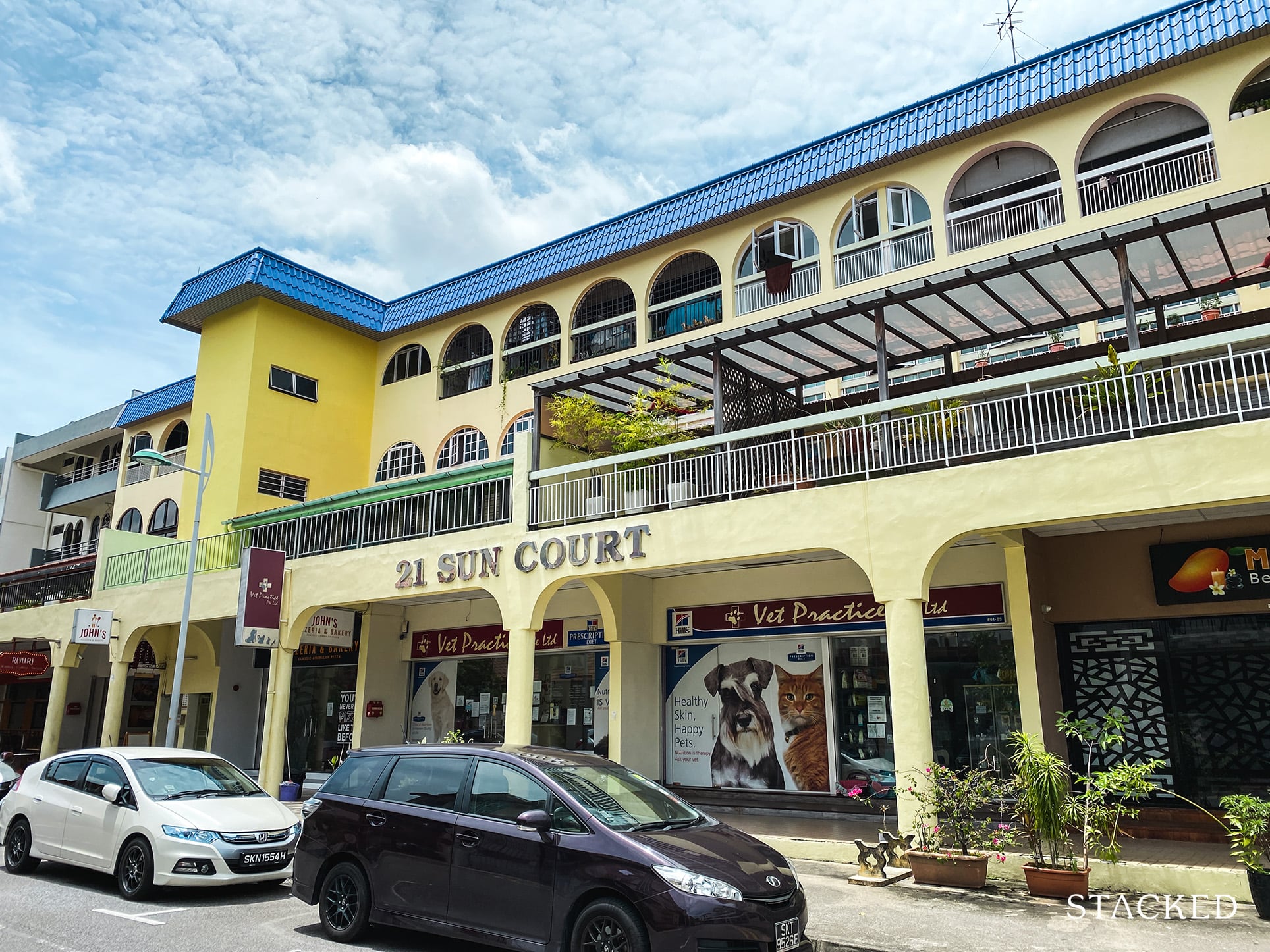
Property PicksA Detailed List Of 287 Freehold Condos With En Bloc Potential In 2021 (Part 2)
by Ryan J. Ong4. Too many recent sales in the development
If your unit goes en-bloc within the first three years of buying it, you still need to pay the Sellers Stamp Duty (SSD). This is 12 per cent in the first year, eight per cent in the second year, and four per cent in the third year.
The SSD costs, coupled with new renovation and furnishing, can make an en-bloc unattractive to recent owners. In cases where the value of their renovations is excluded, it may mean nothing more than a breakeven price (and ultimately a loss, when they factor in the cost of moving again.)
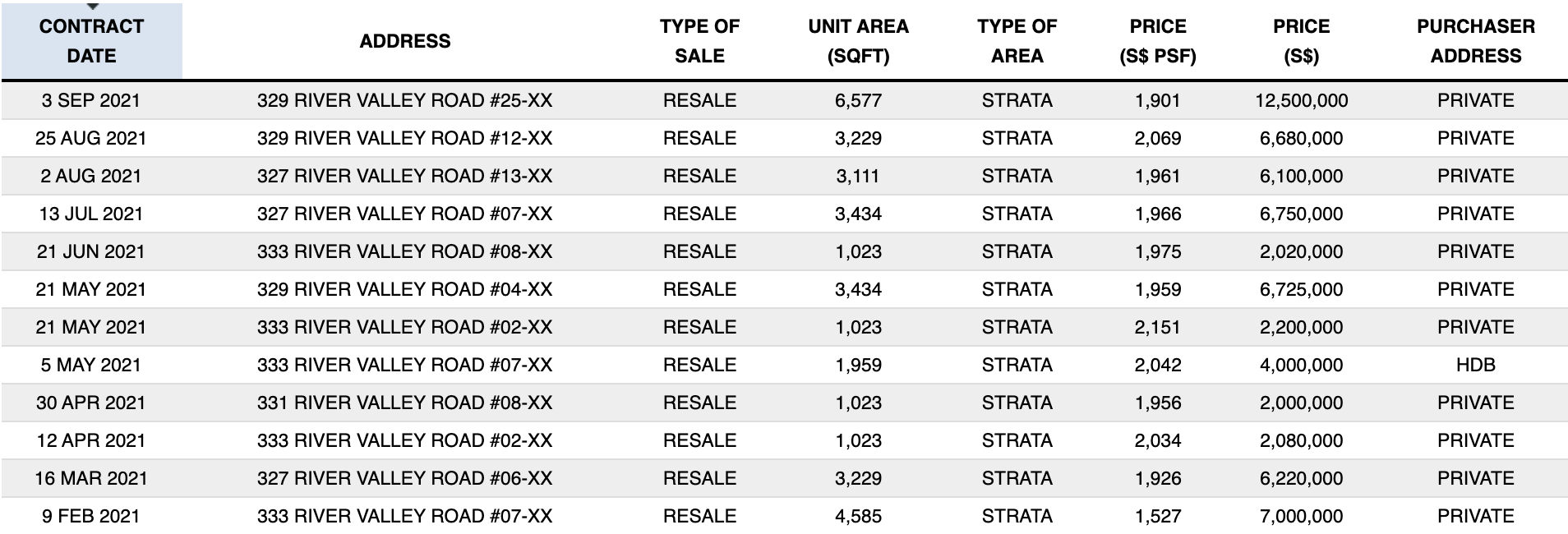
As such, en-bloc hopefuls should take note of the number of new residents moving into the development. The higher the number of new people, the greater the potential resistance against the en-bloc.
5. Market demand and development size
Despite the current hot property market, most developers hesitate to buy up large plots in collective sales in today’s environment. While we don’t think Singapore developers will ever reach a situation similar to the Evergrande one, it’s safe to say no developer wants to be caught swimming naked when the tide is out.
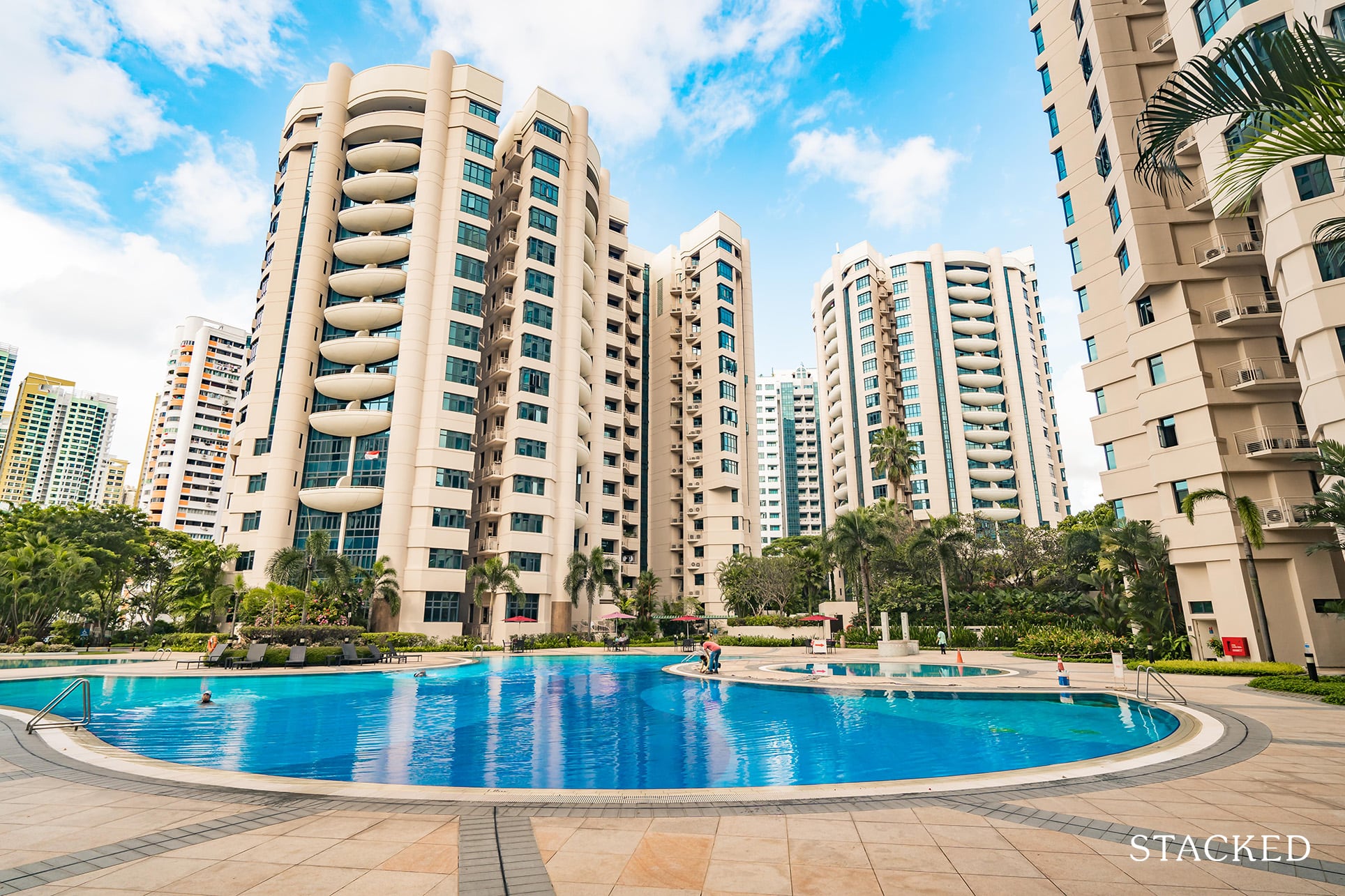
This is because the five-year ABSD deadline is irrelevant to the development size. Whether they build a boutique development with 30 units, or a mega-development with 1,000+ units, the developer still has the same five years.
There’s also the added fact that smaller developments have fewer owners, making consensus easier to reach.
In general, investors who target en-bloc sales tend to dislike very big developments. Barring exceptional reasons, most keep to mid-sized or smaller developments (i.e., 600 units or less).
The bulk of residential en-bloc sales in 2020/21, for instance, have been small / boutique developments:
- Flynn Park (Yiew Siang Road) – 72 units
- Advance Apartment (8 Lorong 25A Geylang) – 14 units
- Fairhaven (130A Sophia Road) – 15 units
- Sophia Ville (128 Sophia Road) – 7 units
- Yuen Sing Mansion (6A Lorong 13 Geylang) – 9 units
There have been a few others, but they were landed properties.
So if you live in a big or mega-development, you may notice en-bloc attempts receive less attention, or very unattractive bids.
Although that said, this could change if the pandemic situation does get better. Big collective sales from the 2017/2018 en-bloc frenzy have fared very well – most of the units are close to being sold out at this point.
| Project | Former Project | Units | Take-up Rate |
| Treasure at Tampines | Tampines Court | 2,203 | 96.32% |
| Parc Esta | Eunosville | 1,399 | 99.86% |
| JadeScape | Shunfu Ville | 1,206 | 98.59% |
| Normanton Park | Normanton Park | 1,862 | 64.98% |
| Florence Residences | Florence Regency | 1,410 | 85.67% |
| Parc Clematis | Park West | 1,468 | 89.24% |
6. Legal entanglements
This last happened with Thomson View in 2013, when the marketing agent was accused of paying some owners to back the en-bloc deal. This also happened with Horizon Towers in 2007, where legal entanglements ran for 2.5 years, and cost around $4 million in legal fees.
Don’t be under the impression that, just because the 80 per cent consensus is achieved, the deal is done. Those objecting to the en-bloc can still take further action, and snarl up the proceedings.
It may especially annoy some owners to learn that, where the management committee is involved, the legal fees may come out of the sinking fund. This can impact the money available for upkeep or upgrading.
7. CAAS and LTA restrictions
Regardless of what the new GPR suggests, the Civil Aviation Authority of Singapore (CAAS) can step in an disallow certain building heights. This is one reason why en-bloc hopefuls are wary of airfields nearby, or don’t want to buy close to Changi airport or military airbases.
Also, as of 2017, the Land Transport Authority (LTA) has to be consulted on the number of homes planned for any condos. This is to avoid serious traffic congestions, caused by dense residential clusters.
Both these restrictions can cause a developer to change their mind, and drop an otherwise viable collective sale.
It’s best not to be presumptuous regarding en-bloc sales
For most seasoned investors, the winning formula regarding en-bloc sales is “great if it happens, great if it doesn’t”.
In short, the property should be bought for traits besides en-bloc potential. If you’re near an MRT station, have a low initial price point, good rental yield, etc., then it’s irrelevant whether an en-bloc sale ultimately goes through.
For more on the situation as it unfolds, follow us on Stacked. We’ll also provide in-depth reviews of new and resale properties alike.
At Stacked, we like to look beyond the headlines and surface-level numbers, and focus on how things play out in the real world.
If you’d like to discuss how this applies to your own circumstances, you can reach out for a one-to-one consultation here.
And if you simply have a question or want to share a thought, feel free to write to us at stories@stackedhomes.com — we read every message.
Ryan J. Ong
A seasoned content strategist with over 17 years in the real estate and financial journalism sectors, Ryan has built a reputation for transforming complex industry jargon into accessible knowledge. With a track record of writing and editing for leading financial platforms and publications, Ryan's expertise has been recognised across various media outlets. His role as a former content editor for 99.co and a co-host for CNA 938's Open House programme underscores his commitment to providing valuable insights into the property market.Need help with a property decision?
Speak to our team →Read next from Property Advice

Property Advice We Sold Our EC And Have $2.6M For Our Next Home: Should We Buy A New Condo Or Resale?

Property Advice We Can Buy Two HDBs Today — Is Waiting For An EC A Mistake?

Property Advice I’m 55, Have No Income, And Own A Fully Paid HDB Flat—Can I Still Buy Another One Before Selling?

Property Advice We’re Upgrading From A 5-Room HDB On A Single Income At 43 — Which Condo Is Safer?
Latest Posts

Overseas Property Investing This Singaporean Has Been Building Property In Japan Since 2015 — Here’s What He Says Investors Should Know

Singapore Property News REDAS-NUS Talent Programme Unveiled to Attract More to Join Real Estate Industry

Singapore Property News Three Very Different Singapore Properties Just Hit The Market — And One Is A $1B En Bloc




































2 Comments
Hi i’m looking for advice as to whether i should sell my condo or hold for en bloc